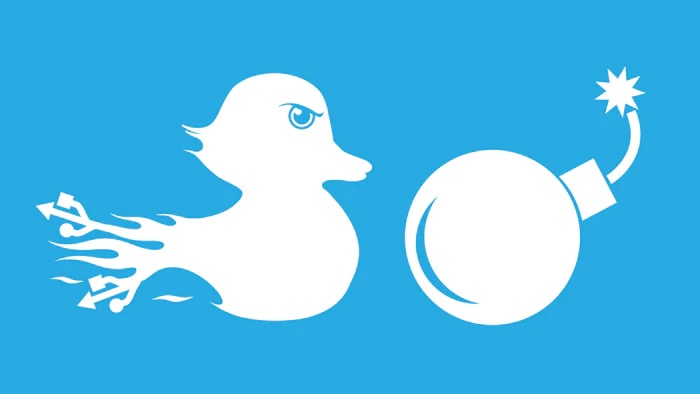Table of Content
Python cheatsheet
Basics
Advanced
# With *args you can pass on parameters
# with already defined values
def myFun(*argv):
for arg in argv:
print (arg)
myFun('Hello', 'Welcome', 'to', 'GeeksforGeeks')
# with **kwargs you can add keyworded, variable-length
# argument list as a paramter to a function
# One can think of the kwargs as being a dictionary that maps
# each keyword to the value that we pass alongside it
def myFun(**kwargs):
for key, value in kwargs.items():
print ("%s == %s" %(key, value))
myFun(first ='Geeks', mid ='for', last='Geeks')
# You can also combine args and kwargs together inside a paramter
def myFun(*args,**kwargs):
print("args: ", args)
print("kwargs: ", kwargs)
myFun('geeks','for','geeks',first="Geeks",mid="for",last="Geeks")
Python Folder Structure
-README -- basic readme
- config.py -- if you have configs
- requirements.txt -- for pip dependencies
- venv/ -- for virtualenv
- /scripts -- for that kind of command-line interface stuff
- /tests -- for your tests
- /lib -- for your C-language libraries
- /doc -- for most documentation
- /apidoc -- for the Epydoc-generated API docs.
- /appname or /src -- that has the main project code





